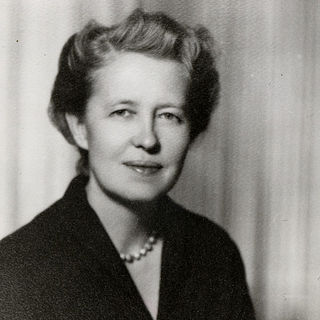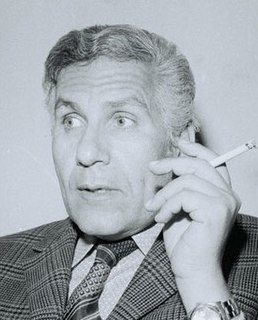A Quote by David Simon
Albert Camus, a great humanist and existentialist voice, pointed out that to commit to a just cause with no hope of success is absurd. But then, he also noted that not committing to a just cause is equally absurd. But only one choice offers the possibility for dignity. And dignity matters. Dignity matters.
Related Quotes
That's all that counts. People being sorry. Makes you feel better; gives you a sense of dignity, and that's all that's important; a sense of dignity. And it doesn't matter if you don't care or not, either. You got to have a sense of dignity, even if you don't care, 'cause, if you don't have that, civilization's doomed.
For us democracy is a question of human dignity. And human dignity is political freedom, the right to freely express opinion and the right to be allowed to criticise and form opinions. Human dignity is the right to health, work, education and social welfare. Human dignity is the right and the practical possibility to shape the future with others. These rights, the rights of democracy, are not reserved for a select group within society, they are the rights of all the people.
When you have your own bus, then you have dignity. When you have your own school, you have dignity. When you have your own country, you have dignity.When you have something of your own, you have dignity. But whenever you are begging for a chance to participate in that which belongs to someone else, or use that which belongs to someone else, on an equal basis with the owner, that's not dignity. That's ignorance.
There is a metaphysical honour in ending the world's absurdity. Conquest or play-acting, multiple loves, absurd revolt are tributes that man pays to his dignity in a campaign in which he is defeated in advance.... War cannot be negated. One must live it or die of it. So it is with the absurd: it is a question of breathing with it, of recognizing its lessons and recovering their flesh. In this regard the absurd joy par excellence is creation. "Art and nothing but art", said Nietzsche, "we have art in order not to die of the truth."
We tend to suffer from the illusion that we are capable of dying for a belief or theory. What Hagakure is insisting is that even in merciless death, a futile death that knows neither flower nor fruit has dignity as the death of a human being. If we value so highly the dignity of life, how can we not also value the dignity of death? No death may be called futile.
The Constitution contains no 'dignity' Clause, and even if it did, the government would be incapable of bestowing dignity. ... Slaves did not lose their dignity (any more than they lost their humanity) because the government allowed them to be enslaved. Those held in internment camps did not lose their dignity because the government confined them. And those denied governmental benefits certainly do not lose their dignity because the government denies them those benefits.



































